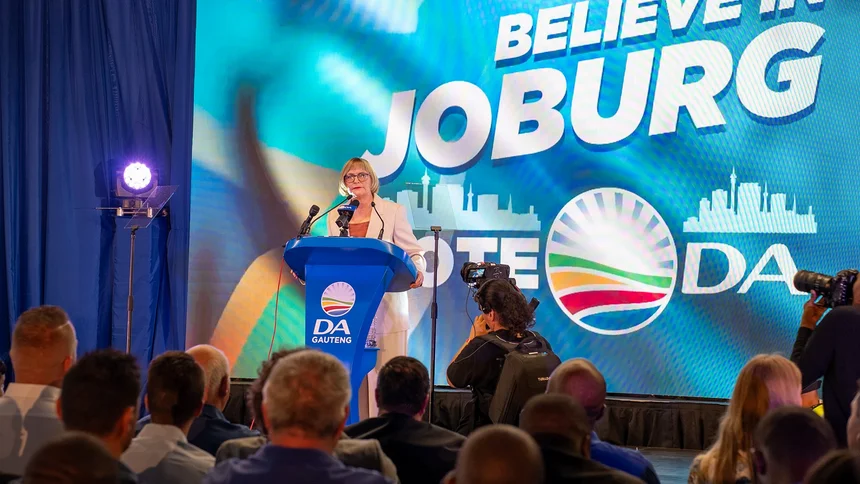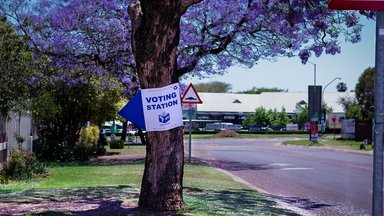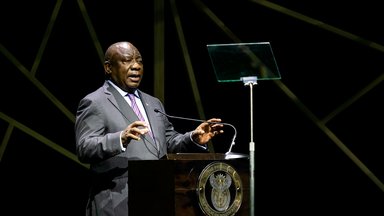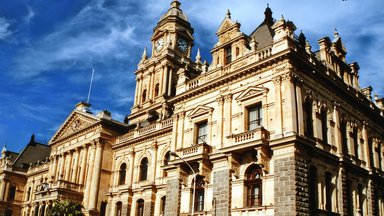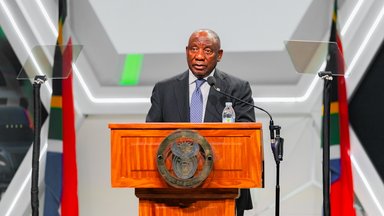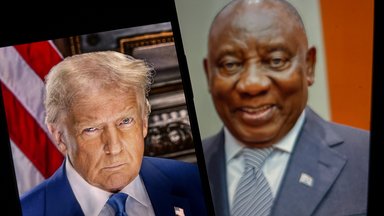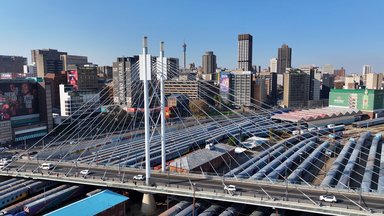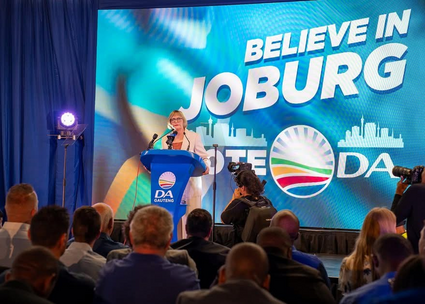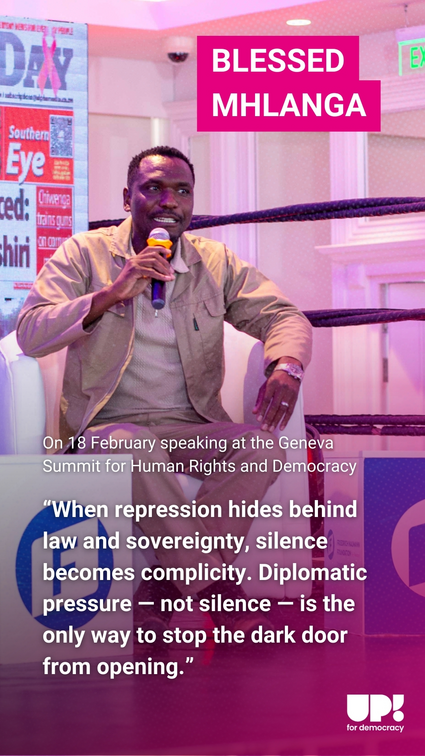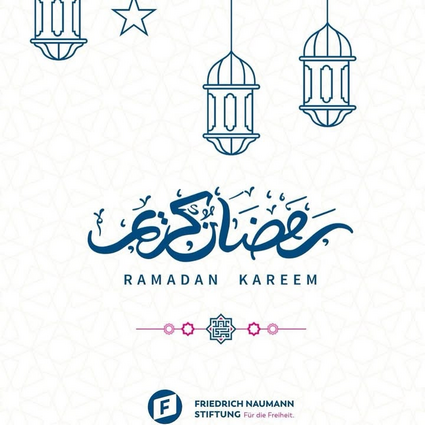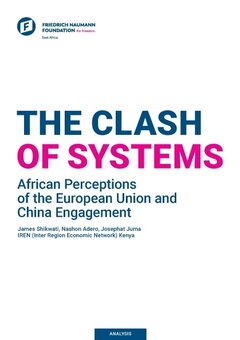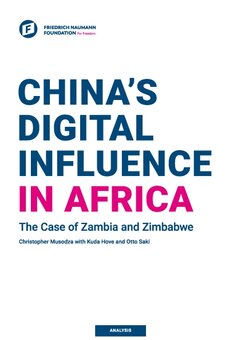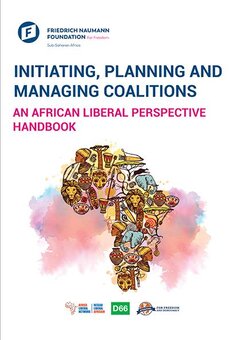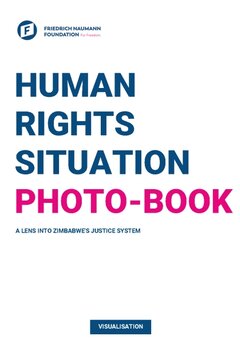Cape Town / Johannesburg, South Africa
The Foundation's work in South Africa focuses on strengthening the rule of law, liberal democracy, and a social market economy. We support civil society organisations, think tanks, research institutions, and liberal-minded decision-makers in both the economy and society.
In Cape Town, the seat of the parliament, the foundation cooperates with the Democratic Alliance members of national and provincial parliaments, local government councillors, youth movements, and their support structures to strengthen leadership and improve their policy solutions. Through its work, FNF strengthens the rule of law, fosters an open society, and promotes sustainable development in South Africa.
News
-
Zille, a liberal stalwart running for Africa’s powerful commercial hub
Helen Zille, federal chair of the Democratic Alliance, is running for mayor of Johannesburg, vowing to fix water, power and infrastructure while breaking the DA beyond the Western Cape stronghold.
-
Cilliers Brink on stability, reform and the future of Tshwane
Pretoria’s Tshwane Metro is a key battleground ahead of local elections. Former mayor Cilliers Brink warns instability, failing infrastructure and weak coalitions threaten services, urging voters to back stability.
-
Between caution and confidence
Ramaphosa’s SONA signalled cautious progress: growth returns, reforms take hold and loadshedding eases. Now South Africans want proof that stability delivers jobs, relief and real opportunity.
-
SONA must be a reform declaration, not a reassurance ritual
SONA must ditch comfort talk and declare real reform: fix infrastructure, professionalise the state, fight crime with consequences, and unlock growth, or risk stabilising stagnation.
-
Speech(less) promises worth a skip
SONA returns with promises of growth and jobs, but youth unemployment sits at 41.6% and hope is fading. Has the Government of National Unity really delivered, or just changed the script?
-
Between Washington and Brics — SA’s strategic squeeze
SA’s Brics+ naval drills aren’t a reckless pivot but a hedge in a fractured world order. As US pressure grows, Pretoria is diversifying partners while urging deeper, values-based ties with Europe.
-
Gogo Zille, Jozi, and a fight for liberal democracy
South Africa heads into crucial local elections as Johannesburg teeters on coalition chaos. With Helen Zille eyeing a comeback, can experience and liberal leadership rescue a city in deep crisis?
